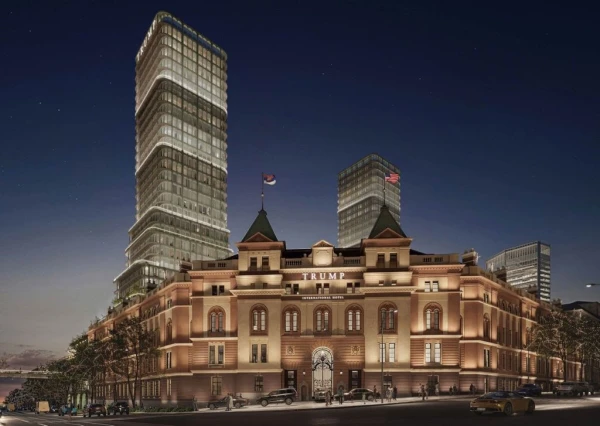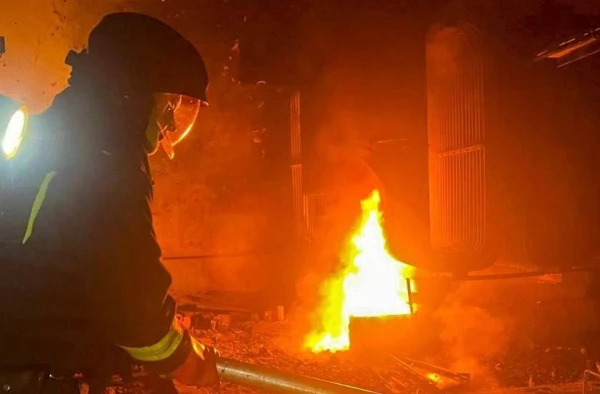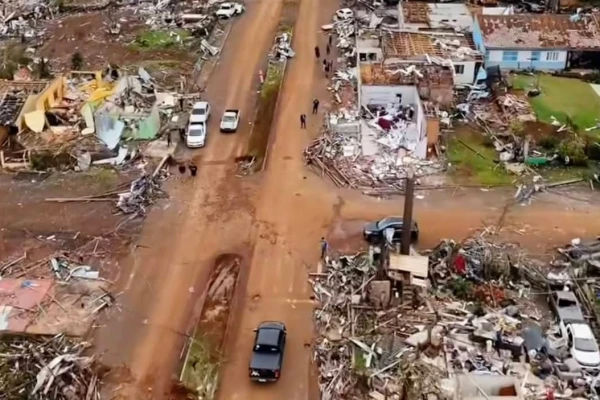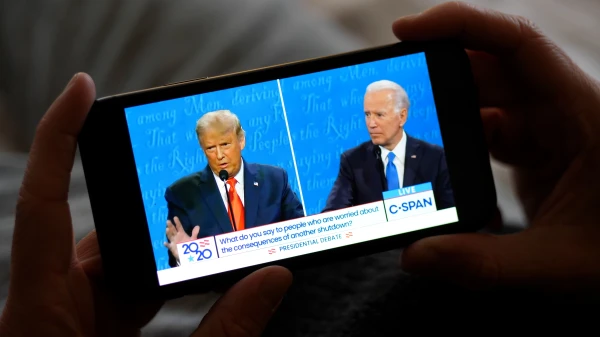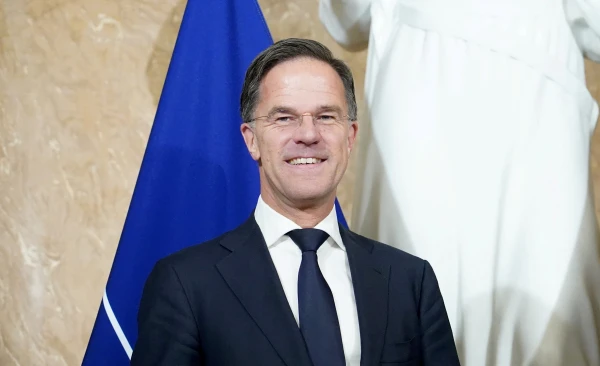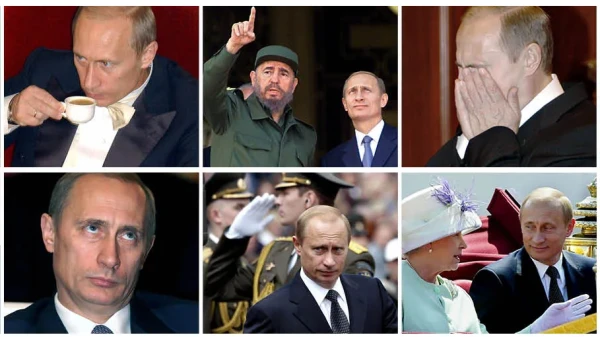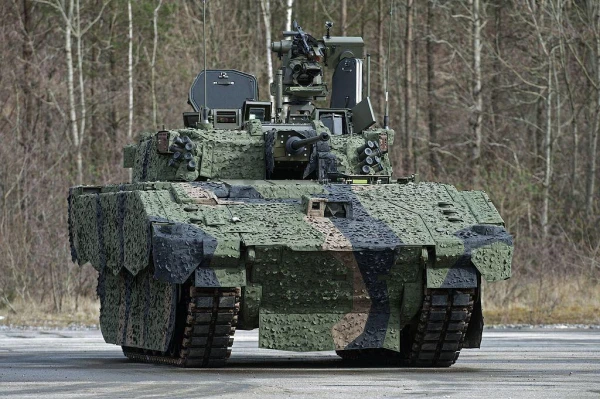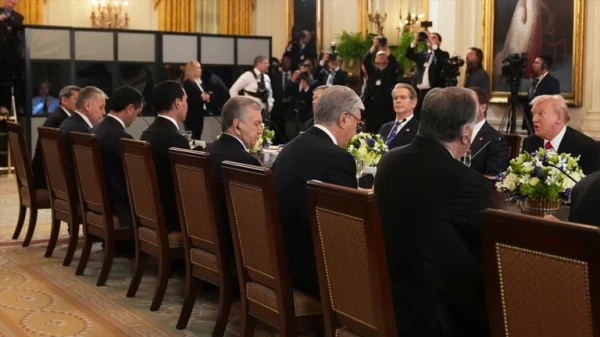
One of the key points on our agenda is critical minerals.
A summit between the United States and Central Asian countries in the C5+1 format took place in Washington. The presidents of Kazakhstan, Kassym-Jomart Tokayev, Uzbekistan, Shavkat Mirziyoyev, Tajikistan, Emomali Rahmon, Kyrgyzstan, Sadyr Japarov, and Turkmenistan, Serdar Berdymukhamedov, flew in to meet with American President Donald Trump. What are the world media saying about this event?
The C5+1 format, launched in 2015, initially represented negotiations between the U.S. Secretary of State and the foreign ministers of Kazakhstan, Kyrgyzstan, Tajikistan, Turkmenistan, and Uzbekistan. For the first time at the highest level, the summit took place in 2023 when now-former U.S. President Joe Biden met with the leaders of the Central Asian 'five' on the sidelines of the UN General Assembly.
Reuters: Trump Meets with Central Asian Leaders to Strengthen Ties in Critical Minerals
U.S. President Donald Trump identified critical minerals as a key priority during his meeting with the leaders of the five Central Asian countries at the White House.
The meeting with the leaders of Kazakhstan, Kyrgyzstan, Tajikistan, Turkmenistan, and Uzbekistan occurred at a time when Washington is seeking to expand its influence in the resource-rich region, which has long been under the dominant influence of Russia and is increasingly attracting China's attention. Trump described Central Asia as an 'extremely rich region' and stated that he wants to strengthen America's partnership with these five countries.
'One of the key points on our agenda is critical minerals,' Trump said. 'In recent weeks, my administration has strengthened America's economic security by making agreements with allies and friends around the world to expand our supply chains for critical minerals.'
The talks took place against the backdrop of growing competition for the vast mineral resources of Central Asia, including uranium, copper, gold, and rare earth metals—at a time when Western countries are seeking to diversify supply chains away from Moscow and Beijing. The U.S. is looking for new partnerships to secure supplies of critical minerals and energy resources, as well as land trade routes that bypass its geopolitical rivals.
Foreign Policy: Trump Aims to Counter Russia and China in Their Own Backyard
Signing agreements for the supply of rare earth metals with Central Asian countries will strengthen U.S. influence in this mineral-rich region.
Associated Press: Trump Hosts Central Asian Leaders as U.S. Seeks to Outpace China in Rare Earth Metals
Washington is now looking for new ways to outmaneuver China in the race for critical minerals. China accounts for nearly 70% of global rare earth metal production and about 90% of their processing worldwide.
Central Asia has rich deposits of rare earth minerals and produces about half of the world's uranium, which is critical for nuclear energy. However, the region is in urgent need of investment to further develop these resources.
<iframe width="560" height="315" src="https://www.youtube.com/embed/d1wJ5W--UtI?si=9MnA8B5cuwJ5VccJ" title="YouTube video player" frameborder="0" allow="accelerometer; autoplay; clipboard-write; encrypted-media; gyroscope; picture-in-picture; web-share" referrerpolicy="strict-origin-when-cross-origin" allowfullscreen></iframe>